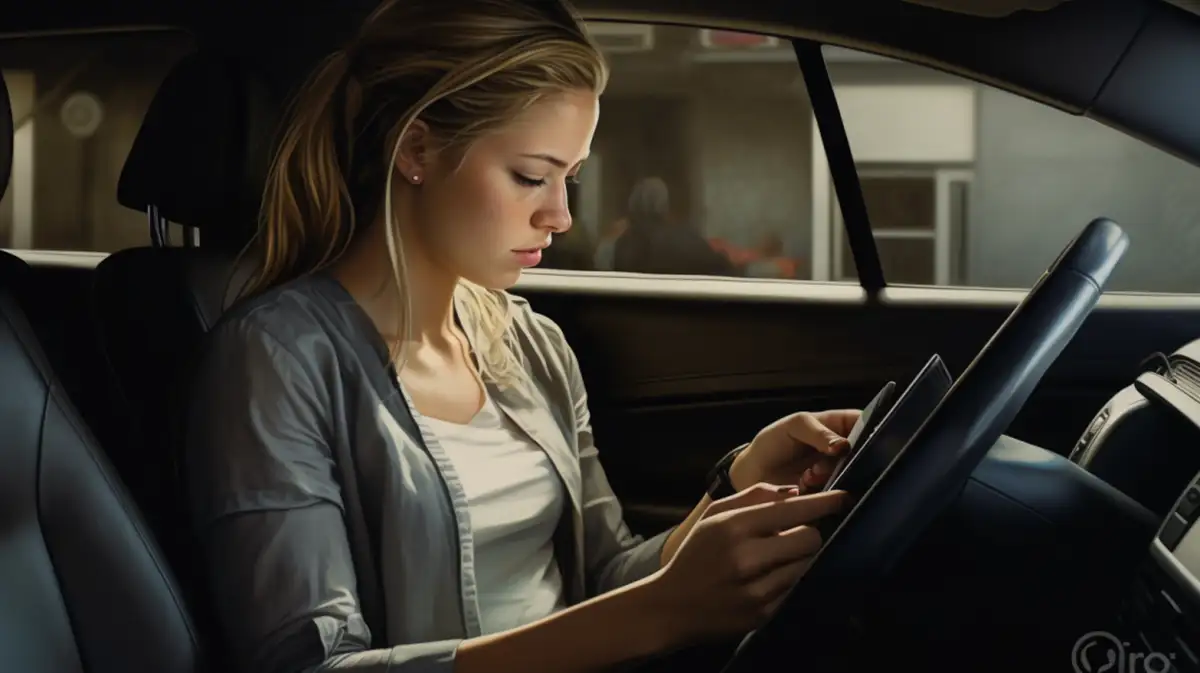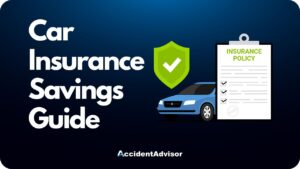There are many facts about texting and driving, including those that link being distracted and dying in a car crash to a similar degree that I’d expect from drunk driving studies. But if there’s one indisputable fact that anyone reading this article should understand, it’s that texting and driving is not only lethal but irresponsible to yourself, your passengers, and everyone else on the road. This article explores numerous statistics about the nitty-gritty of the issue, but that fact is the most important to keep in mind.
Despite well-known facts about texting and driving, many people still do it. As I’ll demonstrate below, it’s especially common in younger drivers. The saddest part is that of all the causes of deadly accidents, texting is by far the most preventable. If you or someone you love was involved in a car accident involving a driver who was texting, contact an experienced accident attorney near you to learn about your rights and how to file for compensation.
Table of Contents
The History of Texting and Driving
Texting wasn’t possible until 1993, and even then, I don’t remember ever hearing about cases involving distracted drivers. The capabilities of those phones were too limited, and modern life had not yet adjusted to center around our devices.
Phones with keyboards weren’t around for a few more years and texting as a practice commonly available across network providers wasn’t a reality until 1999. So it’s really only starting in the early 2000s that texting became a problem, with 250 billion messages sent in 2002 alone.
Around this same time, GPS became readily available for drivers as well. So the number of distractions only made it a matter of time before our technology started becoming a real threat on the road.
U.S. Cell Phone and Driving Statistics
Here are some primary statistics about the state of cell phone use and driving in the United States, sourced from the NHTSA:
- 14% of injury crashes result from distracted driving, including 8% of all fatal crashes
- In 2021, 3,522 people were killed in accidents involving distracted drivers
- Note that while distracted driving includes things other than phone usage, such as eating or talking, cellphone use was confirmed in 12% of fatalities in distraction-related crashes
- 1 in 3 teens are still texting on the road even though over 9 in 10 of them admit that it’s dangerous
What are the Dangers of Texting and Driving?
In my experience, texting while driving is about as dangerous as driving under the influence of drugs or alcohol. But according to the NHTSA, I’m wrong – it’s actually more dangerous to text in the car than it is to be drunk.
The issue in both cases is splitting your concentration between multiple tasks, which causes people to be slow to react to dangerous situations where every second counts. Even small cognitive distractions like adjusting the radio can be detrimental to your focus behind the wheel, so texting is naturally even worse.
Texting and Driving Laws State by State
States were slow to realize that texting and driving was a danger. Even though facts about texting and driving were coming out in the mid-2000s, state laws prohibiting cell phone use in cars didn’t become a reality until 2008 when Alaska, Minnesota, and New Jersey passed anti-texting bills.
Most other states have followed suit, though the fine print of these laws differs between states, such as whether using a GPS counts as distracted driving. As of the time of writing, all states have laws banning texting and driving except for Washington D.C. and Montana. Missouri was the most recent addition, finally banning cell phone use in cars on August 28, 2023.
I’ve often asked myself whether these laws are effective. In an emergency, people will still use their phones in the car, and in fact, it may be safer to do so under certain circumstances, such as when a GPS is needed to get a passenger to a hospital. This means that universal bans on cell phones in cars will likely never be airtight without exceptions.
However, states should have laws in place that define distracted driving, prohibit texting while behind the wheel, and define the compensation available to victims of car accidents involving distracted drivers.
The Consequences of Texting and Driving
Texting while driving has consequences other than potentially fatal car accidents. There are also legal consequences that differ by state, such as fines and license suspensions.
These repercussions can have a lasting impact on your ability to drive, work, or live since a criminal record from a fatal car accident case will follow you forever. There are also insurance implications that I’ll discuss more below.
How Texting and Driving Impacts Car Insurance Rates
Can texting and driving impact your car insurance rates? Definitely, but in my experience, state laws differ wildly on how much.
Your insurance rate goes up when your insurance provider feels that you meet the profile for risk factors that are elevated compared to when you bought the policy. Being in a car accident is a common example. The insurers figure that anyone who was in one car accident is more likely to be in another.
Crucially, some insurers hike their policyholder’s rates even when they are not at fault for the accident. I’ve seen many clients who are afraid to report accidents to their insurers for this reason.
On the other hand, state laws may prevent your insurer from increasing your rates due to texting and driving, but it’s always a possibility. An accident attorney in your area will be able to tell you how your local laws will impact your insurance rates.
How to Prevent Texting and Driving
Even if you know all the facts about texting and driving, you might still be tempted to do it on occasion. To prevent yourself from texting and driving (and becoming just another statistic), consider these tips:
- Buy a phone holder for your dashboard: Companies make holders that attach to the dash, the front windshield, or the AC grate. While these will not stop you from texting altogether, they will keep your eyes closer to the road if you do have to interact with your phone for some reason.
- Educate your kids: Teens get told frequently that texting and driving is dangerous, yet many of them still do it. Since the education system’s warnings don’t always work, try to have a one-on-one with your kids to help them truly understand the facts about texting and driving.
- Make a texting stop: Since many of us will not turn our phones off while in the car, pulling over to send a text is better than texting while driving.
- Invest in safety technology: Modern cars can be equipped with safety technology that allows people to text and talk hands-free. It should be noted that this is still considered distracted driving, but I don’t think it’s nearly as dangerous as looking down to physically text on the phone.
Conclusion
We always tell our clients – the facts about texting and driving can be helpful, but they can only get you so far. Only an accident attorney experienced in your state can help you navigate the legislation that will define how your insurance, license status, or financial status could change due to being involved in a texting and driving accident.

Rocky Horton
Author
Rocky Horton is a health and safety expert from Chapel Hill, NC. He is the founder of AccidentAdvisor and has been featured in Forbes, Bloomberg, and other publications. Learn more.













